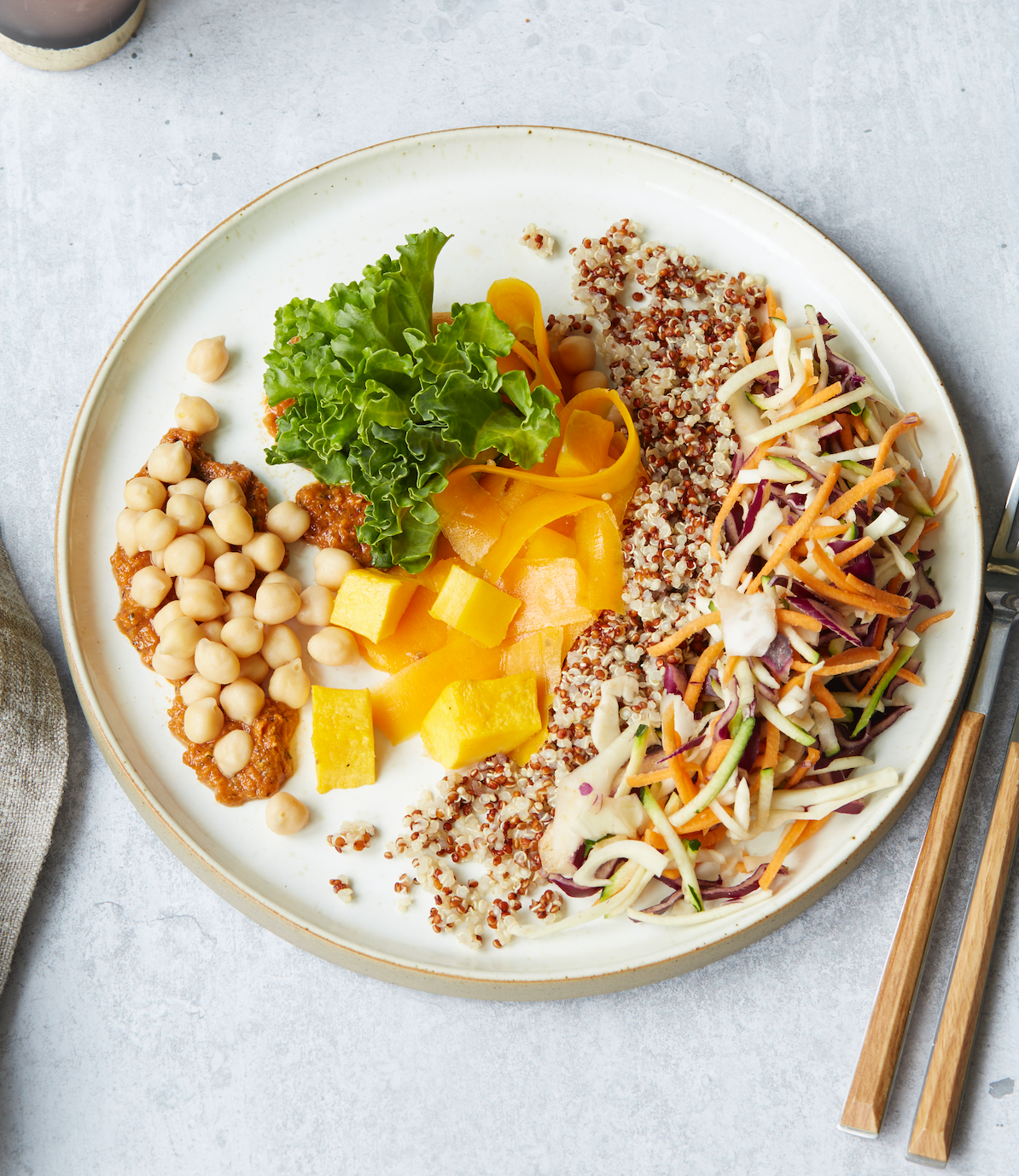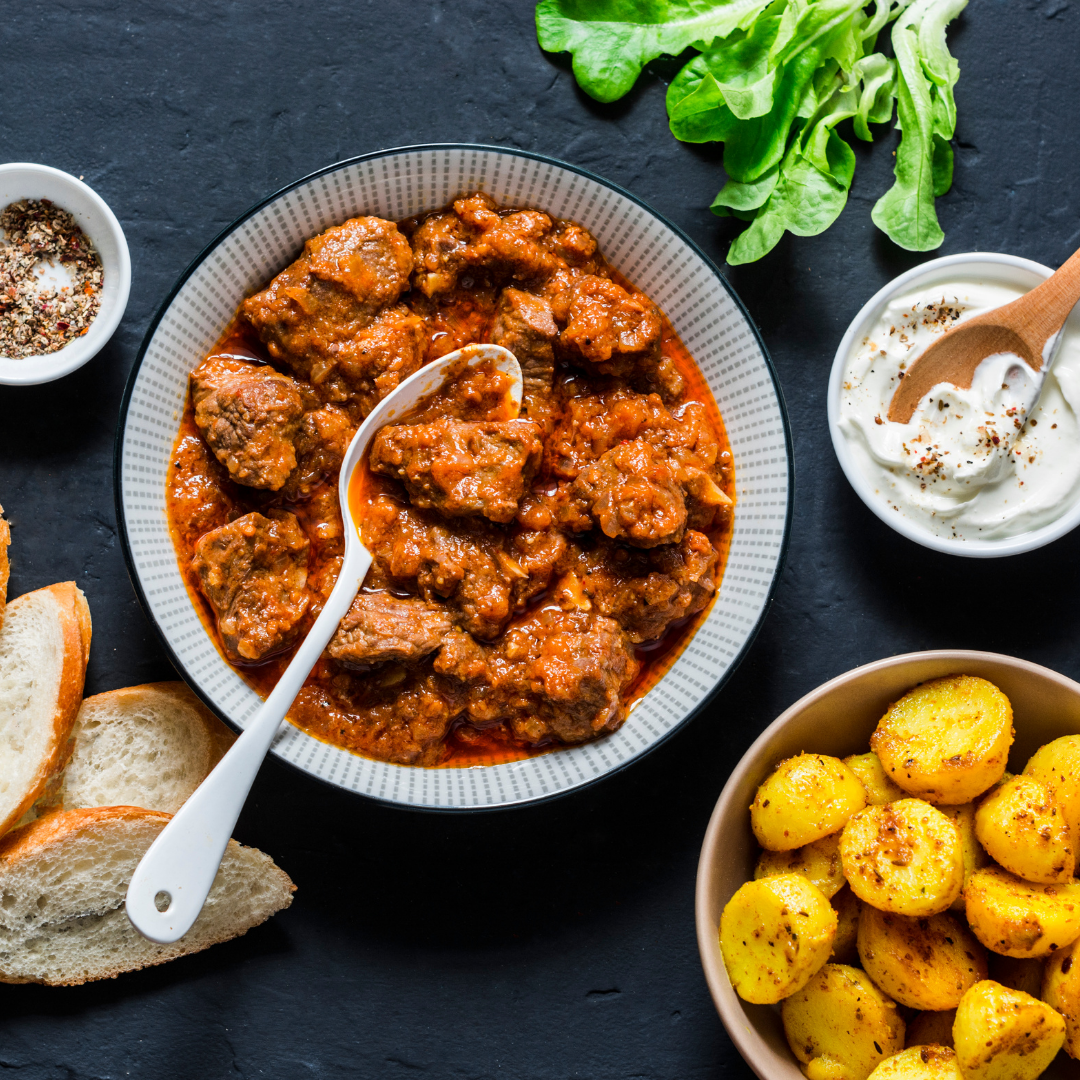
Start with Starch: How Increasing Your Starch Can Benefit Gut Health
Resistant starch | What is it, and why do anything but resist.
Starch is a primary source of fuel found in many different foods. In nutrition science terms, starch is a carbohydrate which is divided into rapidly digestible, slowly digestible and resistant starch. Resistant starch is a form of starch that resists digestion in the small intestine, and therefore, classified as a kind of dietary fibre. It is found in foods such as potatoes, bananas, some grains and beans and pulses. Some resistant starch is fermented in the microbes found within the large intestine, which produce short-chain fatty acids, establishing its health benefits.
Generally, the more processed a food is, the lesser amount of resistant starch and dietary fibre can be found within the food. Here are some top tips on why it is important to add resistant starch into the diet:
-
An Easy Way to Bulk Up Any Meal!
Adding foods that are high in resistant starch also means adding bulk, therefore helping to increase satiation levels. The best natural sources of resistant starch include less ripe bananas, pasta, pulses and potatoes. However, the cooking and storage also have an effect on the levels of resistant starch. For example, the level of resistant starch still to be higher when starchy foods are cooked then cooled.
-
Easy Going, Easy Flowing
Consuming foods high in dietary fibre overall help to decrease the risk of constipation by adding bulk to the diet; resistant starch can contribute to this health effect too.
-
Transition into a Fibre-Filled Diet
It has been proven that fibre is metabolised by the bacteria within the large intestine, leading to the production of short-chain fatty acids which serve to protect our health. Research on the specific effects on resistant starch is still ongoing but overall, eating plenty of dietary fibre decreases the risk for illnesses such as heart disease, stroke, type 2 diabetes and bowel cancer.
Dietary fibre is abundant in a variety of vibrant, plant foods. At Kurami, we aim to include a wide variety of foods within our nourishing meal paths; on average, we have more than 30 varieties of fruit, vegetables and herbs in just one-week of our meal paths.
It is recommended that we eat at least 30 g of dietary fibre a day (although average intakes are only around 18g). At Kurami, our pathways meet this requirement, and our nutritiously delicious food is curated to support both correct functioning of the gut, as well as overall health.
You can find resistant starches as the main component of many of our meals, such as butternut squash, teff, sorghum, quinoa, butter beans, chickpeas, and many, many more.
Begin your journey today. Select your desired meal path now.
Begin your journey today. Select your desired meal path now.



